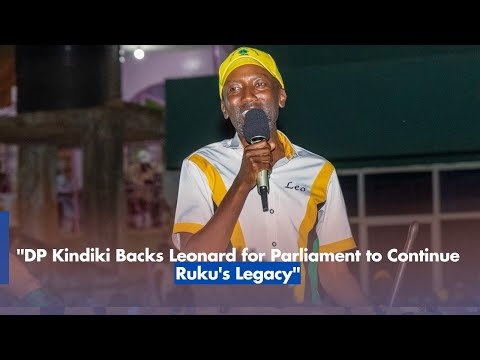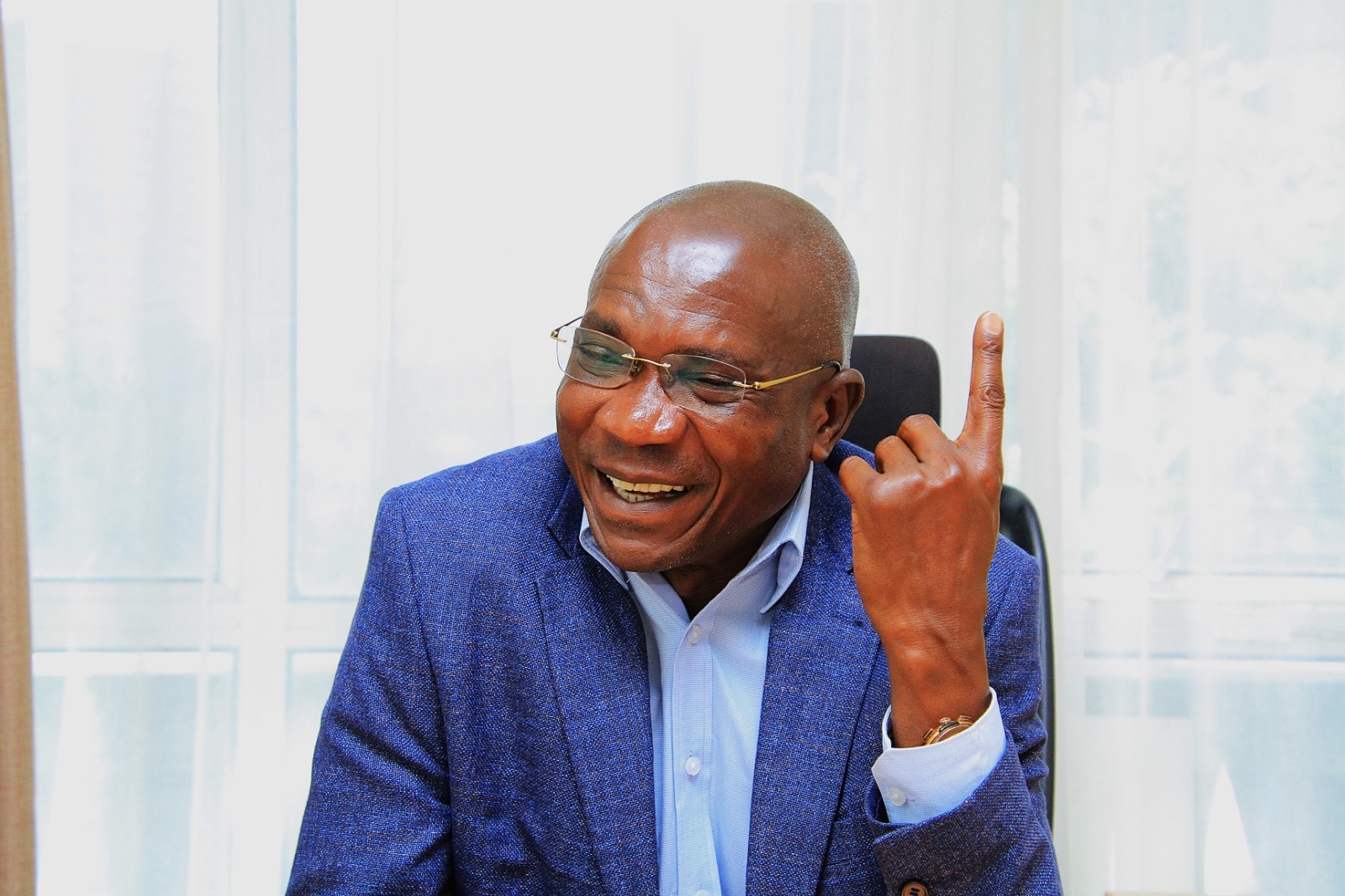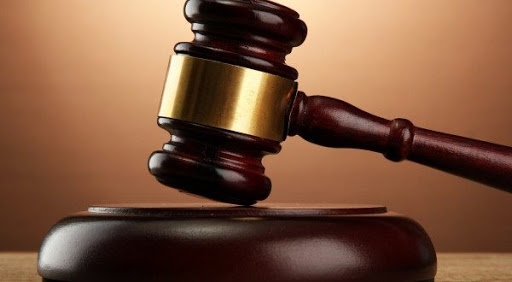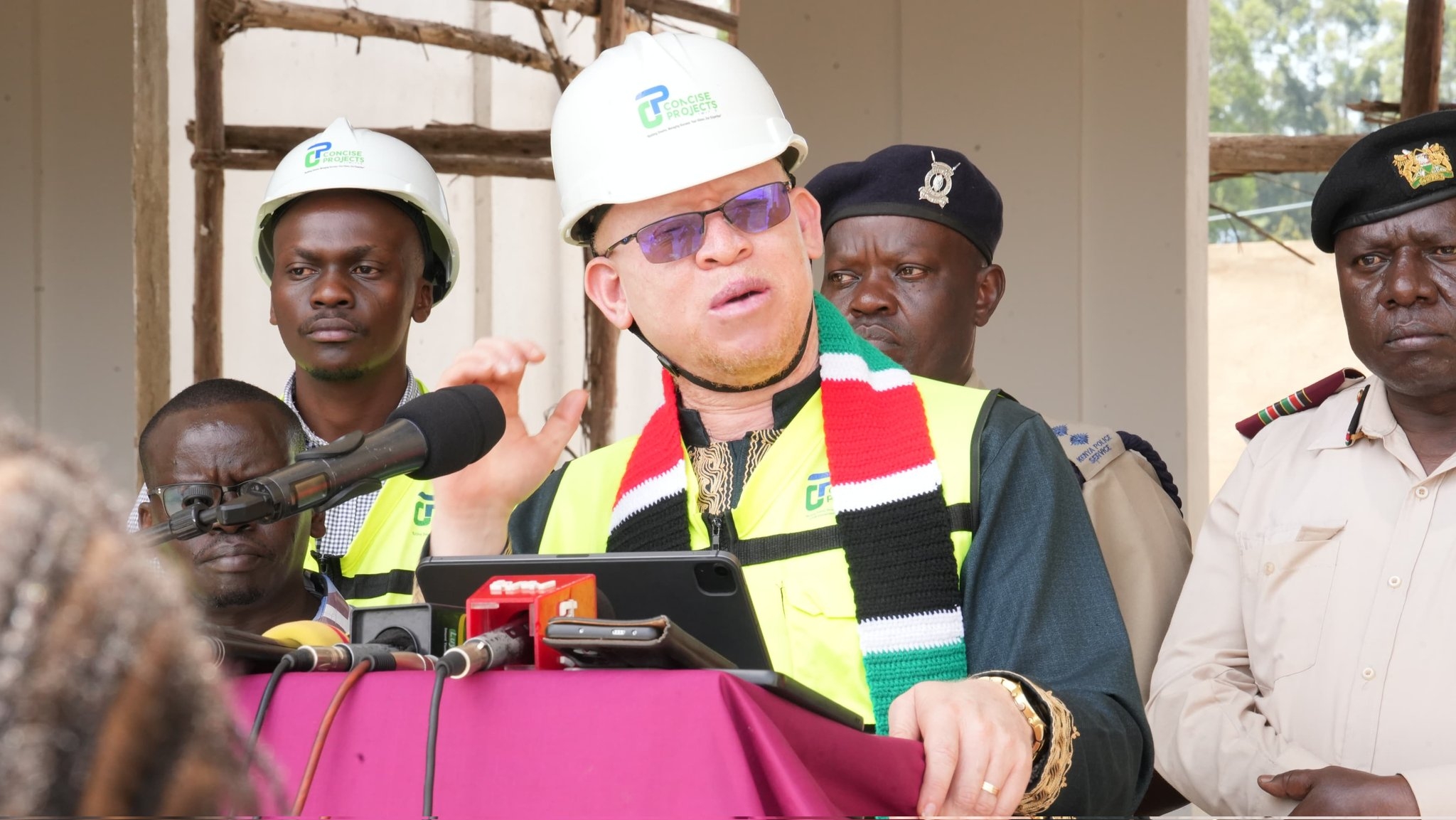The current situation in South Africa, whereby US lawmakers and members of the South African opposition appear to be working together to do battle with the ANC government, has shades of the situation between Kenya and the US in the early 1990s.
It doesn’t take Jedi Knight powers to see that in the last couple of months, there’s been “a disturbance in the Force”.
It all appeared to have begun with the conflict between Russia and Ukraine, but at a subtle level, it could go deeper than that.
Remember during the country’s liberation struggle, the Russians supported the ANC while the US gave sustenance to the undemocratic apartheid government.
After democracy in 1994, the US repositioned itself as a friend of the ANC government, even though it took until 2008, when legislation was finally passed in the US Congress officially removing the ANC “from treatment as a terrorist organisation”.
South Africa is also a member of the increasingly powerful BRICS, a group of five regional economies with Brazil, Russia, India and China.
This grouping, which has the potential to make significant changes to the current world order, makes the US and the West in general very nervous.
In the Russian-Ukraine conflict, South Africa has said it is neutral and recently led a group of African countries in an attempt to make peace between the Russians and the Ukrainians.
Meanwhile, the US is looking at the conflict through the same lens President George Bush viewed his war on terror.
To paraphrase Dubya’s September 2001 threat: “Every nation, in every region, now has a decision to make. Either you are with us for Ukraine, or you are with the Russians.”
The US and its Western acolytes have been busy supporting Ukraine militarily and have imposed sanctions on Russia, which they feel the whole world should support.
South Africa does not support the sanctions and when recently a “sanctioned” Russian naval vessel docked here, the US ambassador was quick to claim that South Africa was arming the Russians.
The ambassador, Reuben Brigetty, was said in some circles to have “gone rogue”, much like the US ambassador to Kenya in the early 1990s, Smith Hempstone, did when he seemed to abandon diplomatic niceties and take on the role of comforter-in-chief of the opposition.
If Hempstone’s pro-opposition activism stemmed from his past as a journalist, then Brigetty’s past as a researcher with the Arms Division of Human Rights Watch, and before that as an active duty US naval officer who held several staff positions in the Pentagon and in fleet support units, may have had something to do with his claims.
In scenes reminiscent of how members of President Daniel arap Moi’s administration handled Hempstone, the Department of International Relations and Cooperation, or Dirco, called in the ambassador and then put out a statement saying he had apologised “for crossing the line”.
Meanwhile, ANC supporters, such as the SA Communist Party, want the ambassador expelled.
If the ANC and its supporters are unhappy with the US envoy, the main South African opposition party, the Democratic Alliance or DA, has followed its liberal pro-Western leaning and is standing on the side of Ukraine.
The DA’s leader even made a much-publicised and ridiculed six-day visit to Ukraine, where he pledged South Africa’s support for that country and vowed that he would not stop putting pressure on the South African government to change its stance on its conflict with Russia.
How the leader of a party that only makes up 20 per cent of the seats in Parliament thinks he can make such promises is another story altogether.
Recently, a bipartisan quartet of US lawmakers made some in the opposition here very excited when they asked the Biden administration to punish South Africa for seeming to support Russia by moving the forthcoming African Growth and Opportunity Act (Agoa) forum meeting to a third country.
Dirco has so far said there is nothing to worry about as ties with the US are still strong, but I would say, watch this space.















